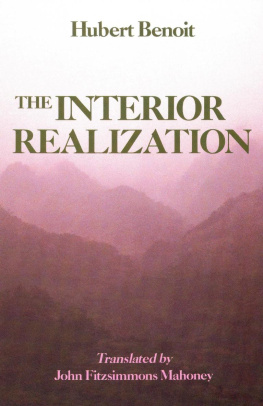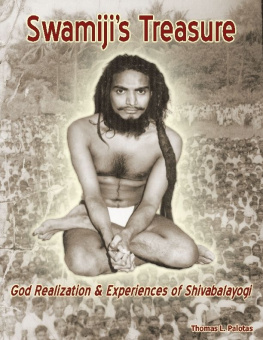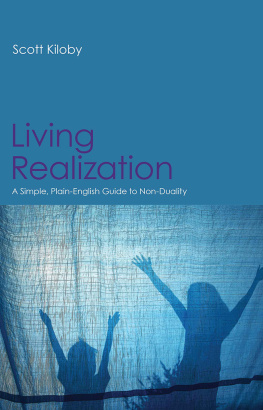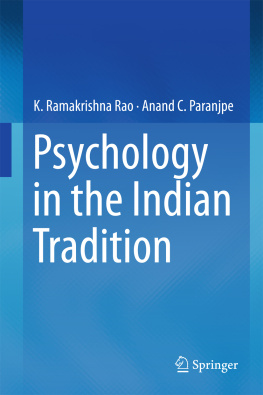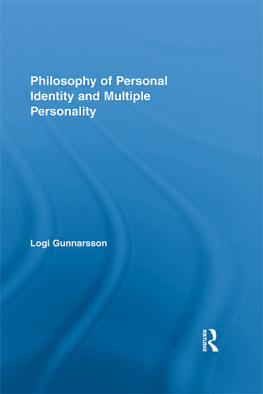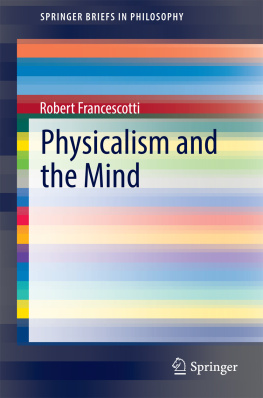The Multiple Realization Book
- Great Clarendon Street, Oxford, OX2 6DP,
- United Kingdom
- Oxford University Press is a department of the University of Oxford.
- It furthers the Universitys objective of excellence in research, scholarship,
- and education by publishing worldwide. Oxford is a registered trade mark of
- Oxford University Press in the UK and in certain other countries
- the several contributors 2016
- The moral rights of the authors have been asserted
- First Edition published in 2016
- All rights reserved. No part of this publication may be reproduced, stored in
- a retrieval system, or transmitted, in any form or by any means, without the
- prior permission in writing of Oxford University Press, or as expressly permitted
- by law, by licence or under terms agreed with the appropriate reprographics
- rights organization. Enquiries concerning reproduction outside the scope of the
- above should be sent to the Rights Department, Oxford University Press, at the
- address above
- You must not circulate this work in any other form
- and you must impose this same condition on any acquirer
- Published in the United States of America by Oxford University Press
- 198 Madison Avenue, New York, NY 10016, United States of America
- British Library Cataloguing in Publication Data
- Data available
- Library of Congress Control Number: 2015959829
- ISBN9780198732891 (hbk)
- 9780198779896 (pbk)
- Printed in Great Britain by
- Clays Ltd, St Ives plc
- Links to third party websites are provided by Oxford in good faith and
- for information only. Oxford disclaims any responsibility for the materials
- contained in any third party website referenced in this work.
Dedication
To our children, multiple but each uniquely realized, even the triplets
Preface
It is often said that Ren Descartes set the agenda for philosophy of mind and psychology in the seventeenth century. Classes and textbooks begin with Descartes arguments for dualism of mind and bodythe view that minds and bodies are distinct and incompatible kinds of substance, res cogitans and res extensa. Most philosophers now regard Descartes arguments to be defective, and even some of his contemporaries saw clearly the main problems that his dualism faced. Nevertheless his construction of the problem of understanding the mind remains influential. Doing better than Descartes dualism is a benchmark for philosophical theories of the mind. And, for many philosophers of mind, the fear that ones view collapses into dualismor even resembles itremains a serious one.
It is time to move beyond this archaic framework. As Jaegwon Kim correctly notes, since the mid-twentieth century the mind-body problemour mind-body problemhas been that of finding a place for the mind in a world that is fundamentally physical (1998: 2). But rejecting Cartesian dualism is one thing; finding a compelling alternative quite another. The correct response must do more than simply narrow serious proposals about the nature of mind to those that admit only physicalist monism. The lesson of dualisms failure is not just that Descartes was wrong that minds are res cogitans. Rather, the lesson is that the study of the mind must proceed with the same conceptual tools and resources that philosophers and scientists have applied in all other natural domains. The right response is not simply to restrict the possible space of answers, but to reframe the question. We take as a starting point that a science of the mind should beginand will someday endin the same world of mountains, seas, animals, and atoms that other sciences investigate. As Kim emphasizes, we must pursue mind in a physical world. In doing so, we finally abandon the old mind-body problem once and for all and replace it with the more familiar, but of course still difficult, problem of developing the broadly empirical study of minds.
Some philosophers worry that adopting an empirical approach to the nature of minds threatens the significance of their contributions. Just as a kind word and a couple of dollars will get you a cup of coffee, so too a (p.x)philosopher and a neuroscientist will crack the puzzle of mentation. But if the worry is that philosophers will not always have the last word about the properties of minds, then we see no great loss. On the other hand, if we understand philosophy as trying, as Wilfrid Sellars suggests, to understand how things in the broadest possible sense of the term hang together in the broadest possible sense of the term (1963: 1), then philosophers need not worry that there is a choice to be made between scientific and philosophical theorizing. That is another anachronistic dualism that we do well to leave behind. Understanding what it means for minds to be physical, and the implications of this claim for the sciences of the mind, leaves plenty to do for philosophers, even granting the need of empirical methods for a complete picture of mental phenomena.
Acknowledgments
We would like to thank audiences in Madison, Shreveport, Cincinnati, Birmingham, Dover, Berlin, Lausanne, Paris, Jerusalem, Cologne, Leuven, Kazimierz Dolny, Seoul, Evanston, the Philosophy of Science Association, the Society for the Metaphysics of Science, the Southern Society for Philosophy and Psychology, and the International Society for the History, Philosophy, and Social Studies of Biology.
Our view of multiple realization developed incrementally at a series of workshops over the past decade, whose attendees included: Fred Adams, Ken Aizawa, John Bickle, Dan Brooks, Cdric Brun, Carl Craver, Zoe Drayson, Markus Eronen, Carrie Figdor, Jrg Fingerhut, Gary Fuller, Carl Gillett, Jens Harbecke, Vera Hoffman-Kloss, Tobias Huber, Philippe Huneman, Marie Kaiser, Jesper Kallestrup, Lena Kstner, Beate Krickel, Corey Maley, Alex Manafu, Mohan Matthen, Karen Neander, Marieke Rhode, Bob Richardson, Rob Rupert, Christian Sachse, Raphael Scholl, Elliott Sober, Patrice Soom, Jackie Sullivan, Kari Theurer, Sven Walter, and Markus Wild. We have also benefited from feedback from research groups based in Cologne and Jerusalem that include some of the above people as well as Eli Dresner, Meir Hemmo, Arnon Levy, Oron Shagrir, and Orly Shenker.
We are especially grateful to our friends and colleagues who discussed portions of this manuscript with us: Ken Aizawa, Rosa Cao, Tony Chemero, Valerie Hardcastle, Doug Keaton, Brian Keeley, Colin Klein, Gualtiero Piccinini, Angela Potochnik, Bob Richardson, Christian Sachse, Rob Skipper, and Elliott Sober. We are also indebted to Peter Momtchiloff, Eleanor Collins, Sarah Parker, Dawn Preston, and two anonymous readers for Oxford University Press for shepherding this project.
Tom Polgers work on this project was made possible in large part by support from the Charles P. Taft Fund and Taft Research Center at the University of Cincinnati, and by a sabbatical leave from the University of Cincinnati. Larry Shapiro is grateful to the University of Wisconsin for a sabbatical leave during 201415.(p.xii)
List of Figures and Tables
Figure 1.1
Figure 3.1
Figure 4.1
Figure 4.2
Figure 5.1
Figure 6.1
Figure 6.2
Figure 6.4
Figure 6.5
Figure 10.1
Figure 10.2
Table 1.1
Table 9.1
Table 9.2
Table 10.1


